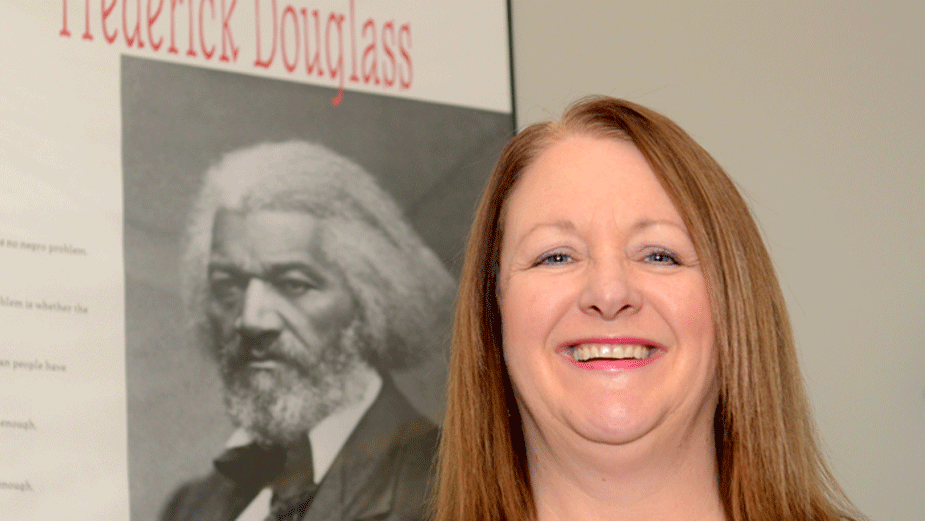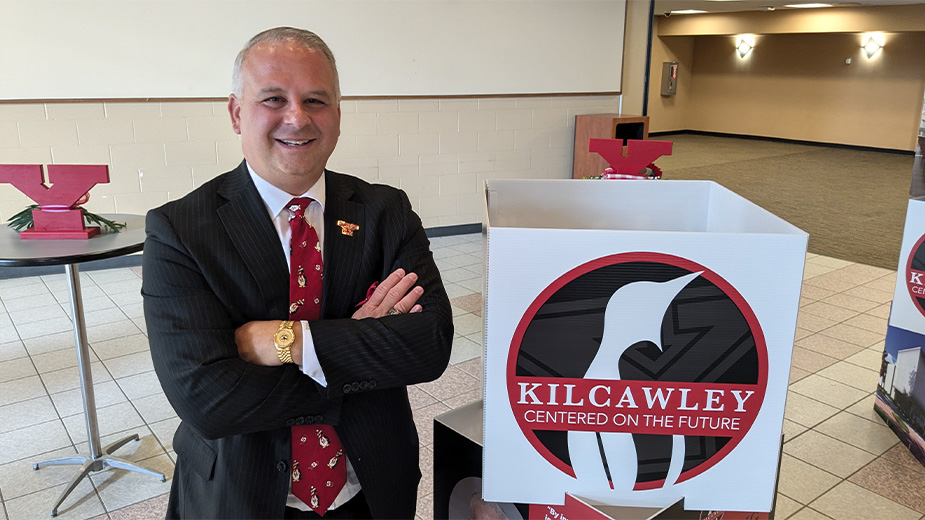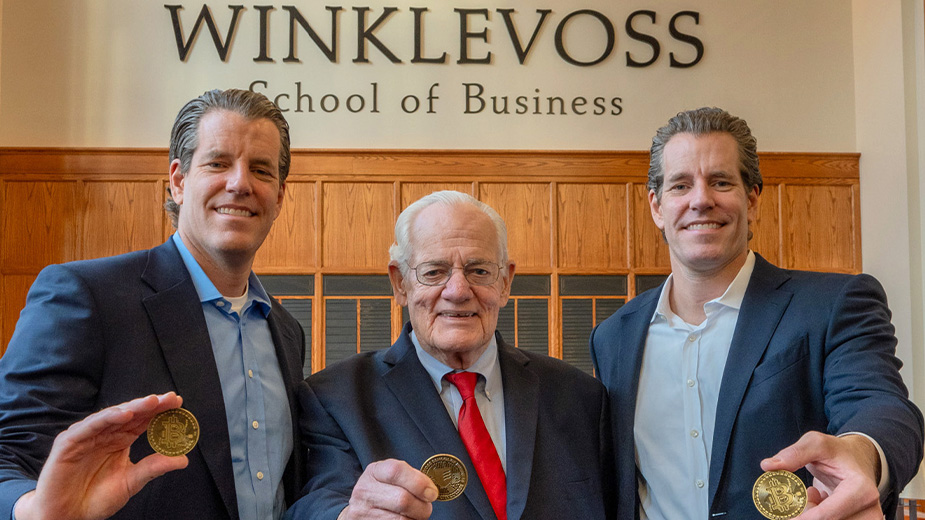Commentary: Frederick Douglass’s Amazing Job
By L. Diane Barnes, Youngstown State University professor of history
YOUNGSTOWN, Ohio — “When in doubt, quote Frederick Douglass,” observed a historian at a professional meeting several years ago.
Through multiple autobiographies, speeches and editorials, Douglass’s words remain inspirational well into the 21st century. As the most prominent civil rights activist of the 19th century, Douglass’s name and his words are especially prevalent every February as Americans reflect on the contributions of African Americans to this great nation.
After all, Douglass really did live an amazing life. Escaping from slavery at the age of 20, he taught himself to read and write, and devoted his life to social justice causes. He was the single male delegate to stand in favor of woman suffrage at the 1848 Seneca Falls Convention on women’s rights. An outspoken abolitionist, he edited three newspapers and lectured around the world. After the end of slavery’, he joined other Republicans in Washington serving as a federal marshal and eventually as U.S. ambassador to Haiti.
This Black History Month, Douglass is receiving more attention than usual after President Donald Trump’s statement Feb. 1: “Frederick Douglass is an example of somebody who’s done an amazing job and is getting recognized more and more, I notice.”
Social media immediately exploded and, within an hour, more than 120 years after his death, Douglass was trending on Facebook, Twitter and other social media. I have to imagine that the Lion of Anacostia (a nickname referring to his leonine mass of white hair and strength of character) would be pleased to know that his lifelong commitment to social justice has not gone unnoticed.
Media uproar over whether President Trump, and later his press secretary Sean Spicer, knew who Frederick Douglass was (and, indeed, if he was dead or alive), masks a more important consideration about the ways Americans perceive the nation’s history. Are Douglass and other African Americans receiving more recognition these days? Scholars have pondered the value of compartmentalizing African American history (or women’s history, Native American history, etc.) into the observation of a special month or week, when in reality black history is central to America’s narrative.
The social media storm over the president’s statement argues in favor of better integrating the national historical record. Frederick Douglass’s name should be as commonly known as Thomas Jefferson, Martin Luther King, Jr. and Neil Armstrong.
He is the most photographed American of the 19th century, appearing in even more images than Abraham Lincoln. Embodying the American dream, in his lifetime Douglass traversed an amazing social distance from slavery to freedom and beyond. Born in a slave cabin in 1818, he died on Feb. 20, 1895, in his 21-room home on the Anacostia hilltop overlooking the nation’s capital.
Let’s hope this recent controversy provides an opening to move the nation’s historical narrative toward more inclusivity so more Americans will know the amazing job Douglass did to advance social justice. It won’t be easy, but to quote Douglass, “If there is no struggle, there is no progress.”
Editor’s note: L. Diane Barnes is professor of history at Youngstown State University, associate editor of the Frederick Douglass Papers and author of “Frederick Douglass: Reformer and Statesman” and “Frederick Douglass: A Life in Documents.”
Copyright 2024 The Business Journal, Youngstown, Ohio.



